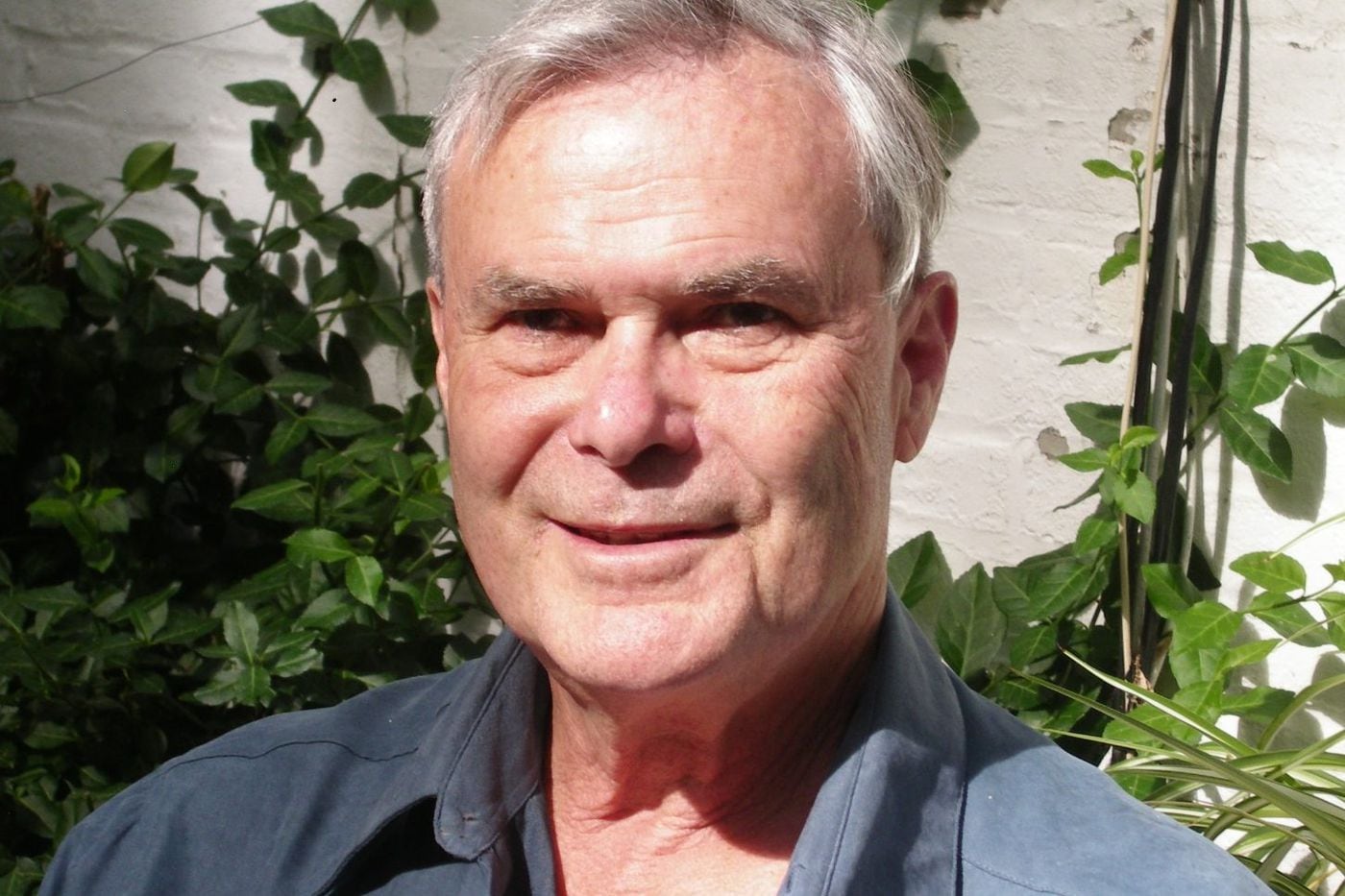http://www2.philly.com/philly/obituaries/donald-white-83-internationally-known-archaeologist-and-penn-museum-curator-20181126.html
Obituaries
Donald White, 83, internationally-known archaeologist and Penn Museum curator

Donald White, 83, of Philadelphia, an internationally known archaeologist at the University of Pennsylvania and curator of the Penn Museum's Mediterranean section, died Wednesday, Nov. 21, of injuries sustained in a car accident.
Professor White and his wife, Joan, were returning from a family visit to Brooklyn, N.Y., on Nov. 18, when their car went out of control, hit a pole, and overturned on Route 30 in Camden. Both were cut out of their seat belts by Good Samaritans and taken by medics to Cooper University Hospital.
Joan White was treated and released. Professor White never regained consciousness and died after life support was removed, in keeping with a living will, his family said.
Starting in 1973, Professor White spent three decades teaching and inspiring students in a classroom in West Philadelphia and on archaeological digs halfway around the world. He held the titles of professor of classical archaeology and curator-in-charge of the museum's Mediterranean collection before retiring in January 2004.
"He was especially well-known as a field archaeologist," said Brian Rose, a curator at the museum.
As an explorer of the past in Libya or Egypt, Professor White was larger than life, said son Arthur. Because of that, he was often typecast as Indiana Jones, the character made popular by Harrison Ford in the 1981 film Raiders of the Lost Ark and its sequels. Little could have irritated Professor White more.
"He hated the notion of Indiana Jones because he thought Indiana Jones stole antiquities," his son said. "But sometimes Donald was a dashing and really handsome man. At Penn he would wear suits and ties. In the field, he had a funny hat that he wore. My mom went with him on all the excavations."
Born to Richardson White and Cornelia Hallowell White in Boston, he was raised in Cohasset, Mass. His father was a Harvard-educated sculptor, gentleman farmer, and Mayflower descendant. His mother was a Quaker and descendant of suffragette Lucretia A. Mott.
Professor White graduated from the Groton School in 1954 and Harvard College in 1957. While at Harvard, he developed a passion for rowing, serving as captain of the freshman lightweight crew team. He rowed competitively well into his 50s as a member of the Vesper Boat Club and the Undine Barge Club, both on the Schuylkill.
Professor White was fluent in Latin, ancient Greek, Italian, German, and French, and spoke some Arabic — skills that were invaluable in Europe and North Africa.
After excavating a crockery dump as a boy and studying ancient history, he pursued a degree in classics at Harvard. He then spent six months in the Army before entering Princeton's classical archaeology program. He earned a doctorate in 1964 for research at Morgantina, Sicily.
Professor White taught at the University of Michigan from 1963 to 1973. He began excavations in the coastal region of eastern Libya at the port city of ancient Appolonia, now Cyrenaica, in 1964. In 1967, he had to take the last plane out after the Six-Day War in the Mideast began.
He returned to North Africa in 1969 to dig at a sanctuary in Cyrene, Libya. In 1973, after being recruited by Penn, he continued the work during the summers. His wife, an art restorer, worked on the site's artifacts, and he wrote extensively about the objects. The excavation came to a halt in 1981 when diplomatic relations between the United States and Libya broke down.
In 1984, he turned his attention to a coastal lagoon in northwest Egypt near the port city of Marsa Matruh. There, he excavated a late Bronze Age settlement that proved to be the westernmost point of Minoan, Mycenaean, and Cypriot Late Bronze Age pottery along the southern Mediterranean at that time. The site also yielded the body of a German soldier, which Professor White returned to Germany.
In 1990, he undertook an ambitious set of renovations to the Greek, Etruscan, and Roman galleries at the Penn Museum. "He brought wonderful creativity and educational detail to the galleries," his family said.
In retirement, Professor White wrote a history of the horse in North Africa. His completed manuscript was expected to be published posthumously. A lifelong animal lover, he was always surrounded by a "peaceable kingdom" of cats and dogs, his family said.
-- Sent from my Linux system.
No comments:
Post a Comment